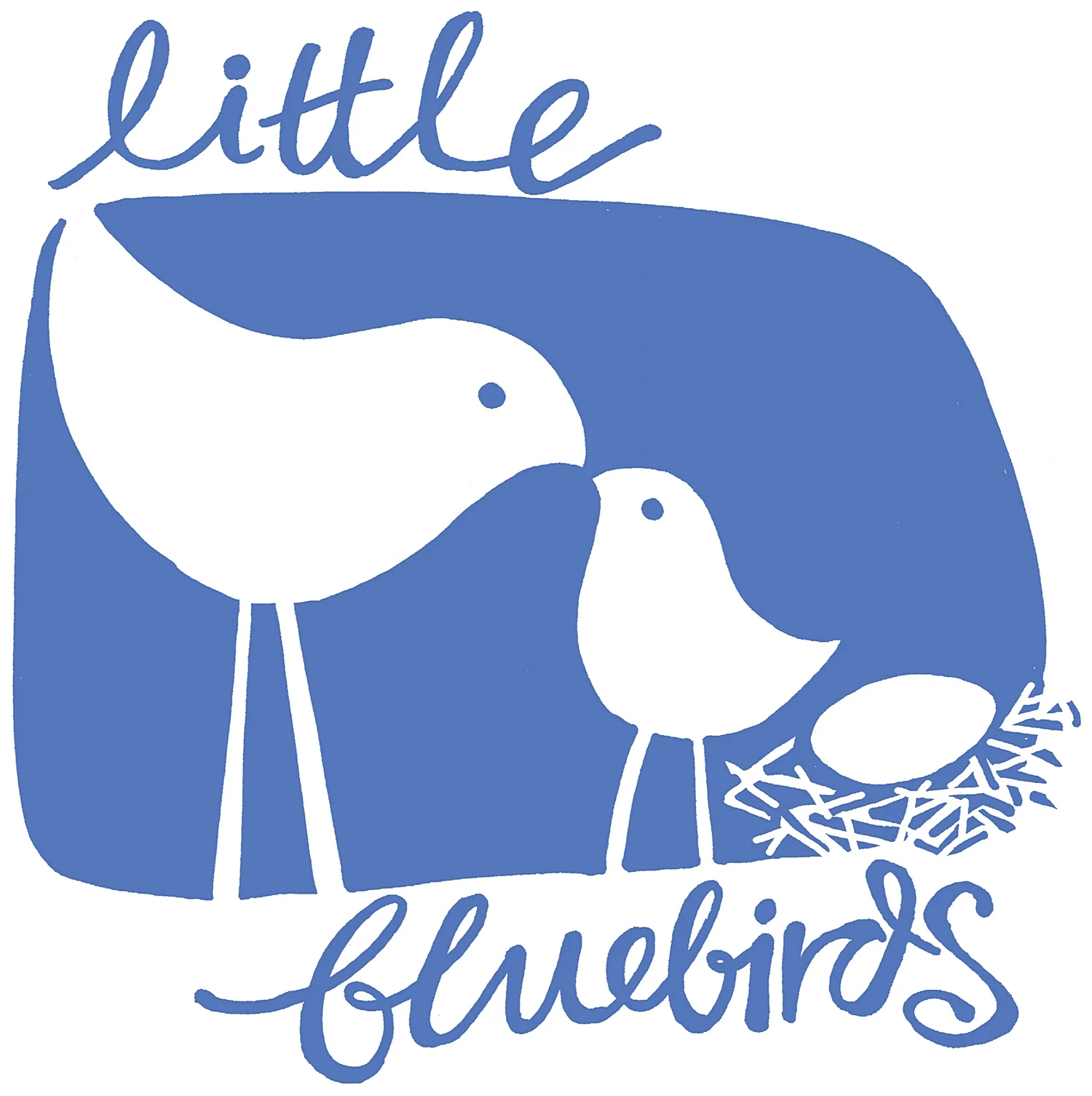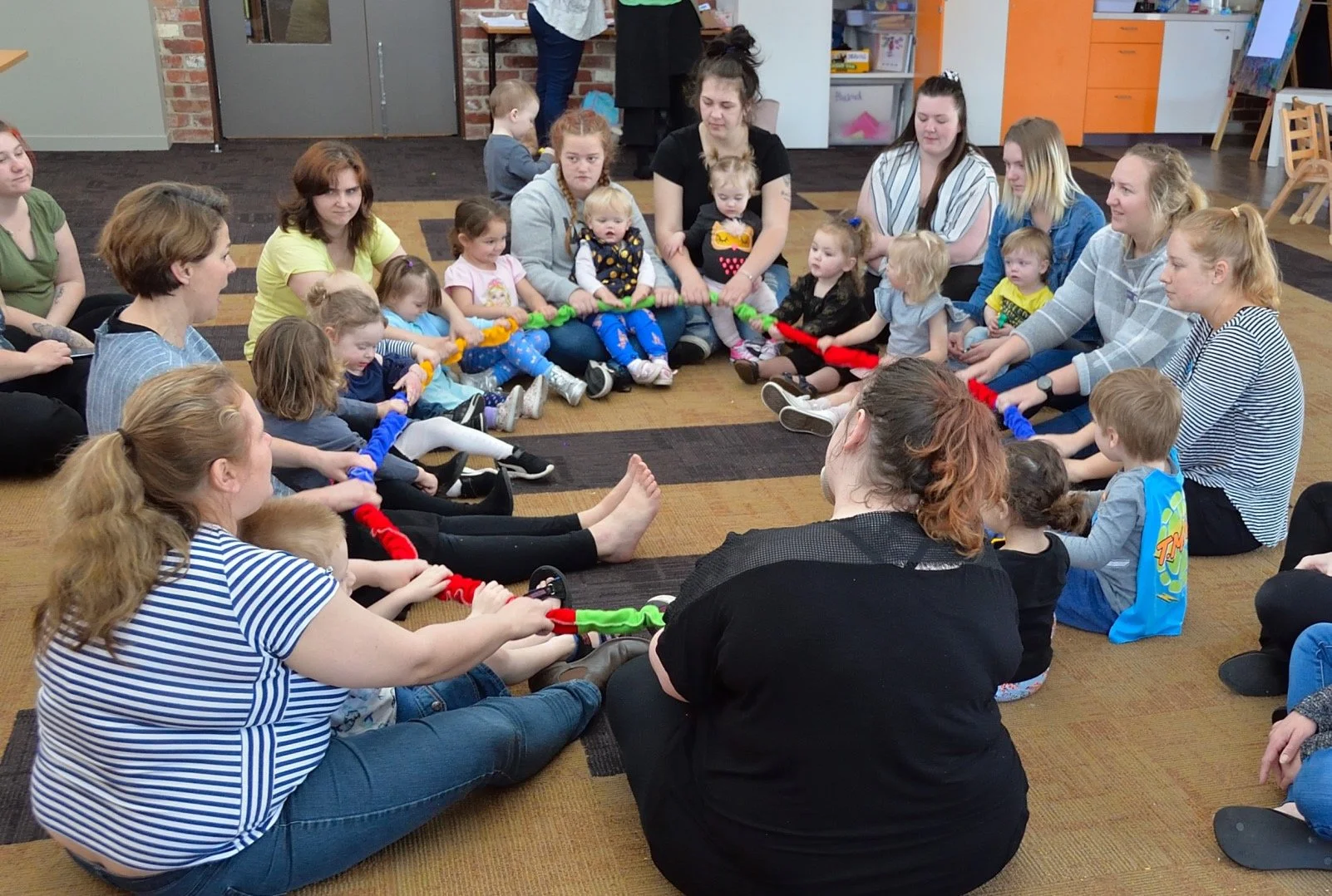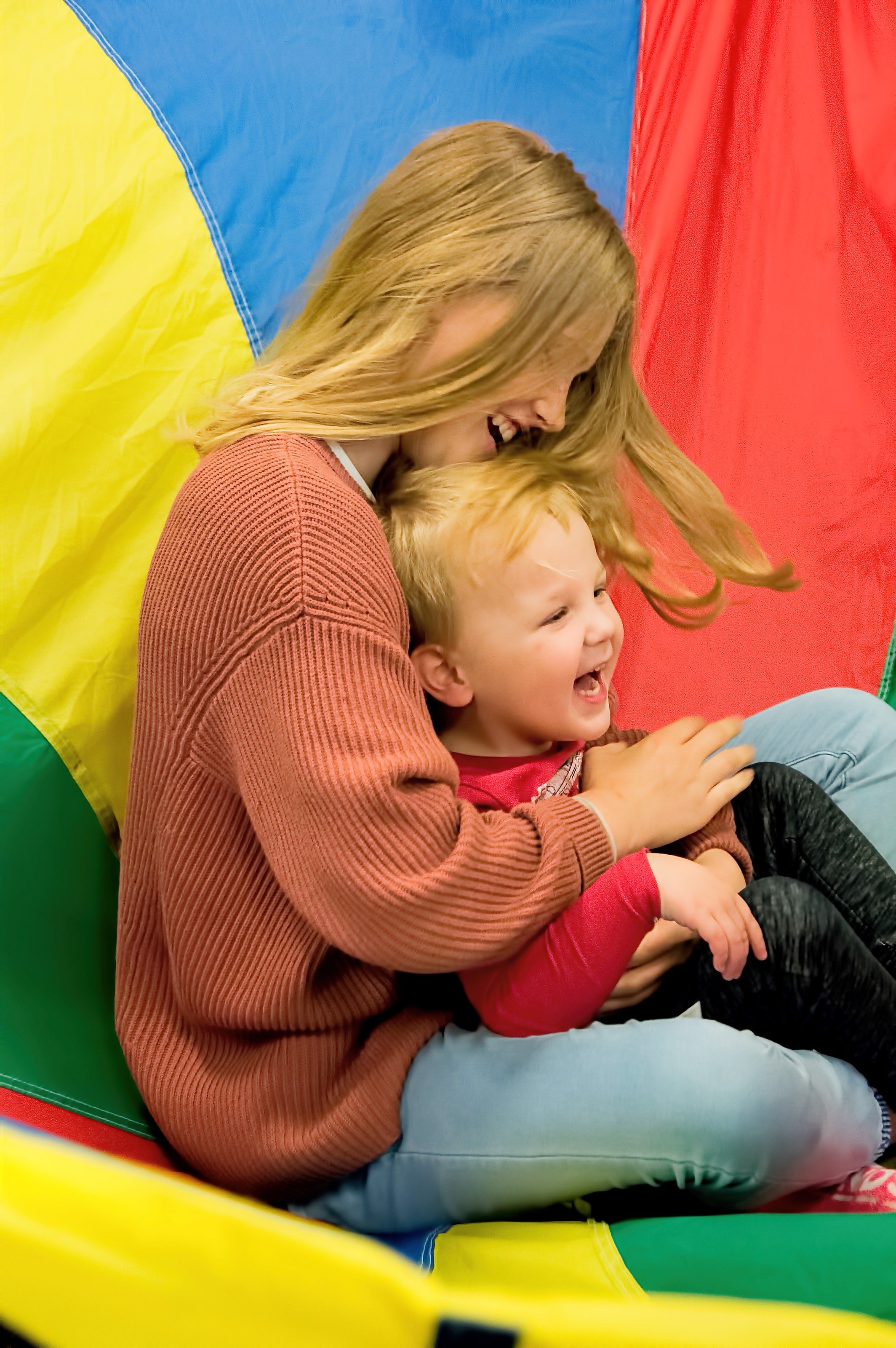Finding a parent-child music class near you
In days gone by, and in cultures all around the world, a child’s music education began in the home as parents bounced babies on their knees while singing about horse rides, wiggled their fingers and toes as they recited poems about piggies and catching fish, tickled their palms in anticipation of a tickle under there… and sang lullabies while rocking them to sleep. Singing was part of everyday life for EVERYONE and the idea of taking a baby or toddler to a music class would have been ridiculous.
So what’s changed? Why do music classes for babies, toddlers and preschoolers even exist? And if you’re keen to give one a try, how do you pick from all the options out there?
What’s changed?
Families look different now. In Australia, the average woman will now have less than two children, most probably giving birth during her thirties. Fifty years ago, the same average woman would have had nearly four children, most probably in her early twenties.
These days families are spread all around the country and, indeed, the world, whereas in the past it was common for multiple generations to live together - Granny Rose or Great Uncle Bob may well have shared a house with little baby June…
Why do music classes for babies, toddlers and preschoolers even exist?
Why does this matter? It means that we often begin our parenting journey with little experience of babies and young children. In past generations, older siblings often took on the care of their baby brothers and sisters, copying the lullabies, knee bounces and tickle games they had seen their mothers, fathers and grandparents play with their baby sibling. And younger siblings watched as their big brothers and sisters became parents, observing the songs, dances and finger wiggles first hand.
Now, with all the research that shows how beneficial music is for growing brains, many parents have a desire to give their children an early childhood music education but have not experienced what a rich musical childhood looks and sounds like.
I’m keen to give music class a try. How do I pick from all the options out there?
Filling this growing need are a multitude of parent-child music programs on offer in the community but how do you choose which one is right for you and your little one?
Here at Bluebird Foundation, we are passionate about music for the very youngest musicians in our community. You can check out your eligibility to join one of our free First Steps in Music classes in Geelong on the Join a Group page. But what if you’re not eligible? Or you live in another city?
Here are my top tips for choosing a parent-child music class near you:
1. Is the teacher a beautiful musician?
Our littlest people deserve the very best. The teacher should be able to make the simplest of songs sound like works of art. They should be tuneful and expressive so that the music captures the imagination and attention of both you and your child.
Does it matter if they play an instrument? Not really… little ones will learn most effectively from an unaccompanied singing voice. It can be nice if your teacher plays an accompanying instrument (like a guitar, ukulele or piano) but the best teachers will only use it occasionally to play the very simplest of chordal accompaniments.
2. Does the teacher build authentic connections?
Look for a teacher with a kind soul and genuine delight in very young musicians. Music for little people is delivered through relationships - it’s all about intimacy. When your teacher establishes a gentle, trusting relationship with your child in class, music will naturally become a special part of your own loving relationship with your child at home.
3. Can the teacher explain their approach to music education?
There are many different approaches to music education. Some require rigorous training and have become formalised pedagogies that you may have heard about eg Feierabend, Kodály, Orff Schulwerk, Suzuki. But all teachers will have an underlying philosophy that shapes their classes, whether it is a formal approach or just their own beliefs.
I think it’s important that a teacher can explain to you their own approach to music education for your child. I would want to know that they have a long-term plan based on research about how a child becomes musical. I would avoid anyone who talks solely about having fun with music. Music classes should always be a joyful experience but real joy comes from meaningful musical experiences that foster mastery and growth.
4. How will the teacher support you to take the music into your home?
While your once-a-week music class can be a happy and inspiring shared moment for you and your little one, the real magic will happen when you can take the music into your everyday lives at home.
Be sure to ask your potential teacher how they will support YOU… Will they give you access to recordings of the songs you use in class? Send home the lyrics? Share online videos as reminders? Or tell you about the ‘whys’ of what you are doing in class?
Your teacher’s approach to home support could be the difference between a once-a-week class and a life-changing experience!
Finally, be sure to ask if you can visit before signing up for a whole year of classes. While you can learn a whole lot from reading a website and chatting to a teacher on the phone, it isn’t until you experience a real-life class that you get a proper sense of whether this teacher and class is the right fit for you and your child.
Just be aware that it usually takes about 3 weeks for a little one to feel comfortable in a new group situation. They may watch warily from the safety of your arms for the first few weeks, or just run madly about the room exploring every nook and cranny. Be patient as they acclimatise but take the time to observe the teacher and other families in action and trust your gut instinct. If you’ve done your homework by asking all the above questions, you’ll quickly know if it’s the right place for you and your child and you may just have set your child on the pathway to a lifetime love of music…





